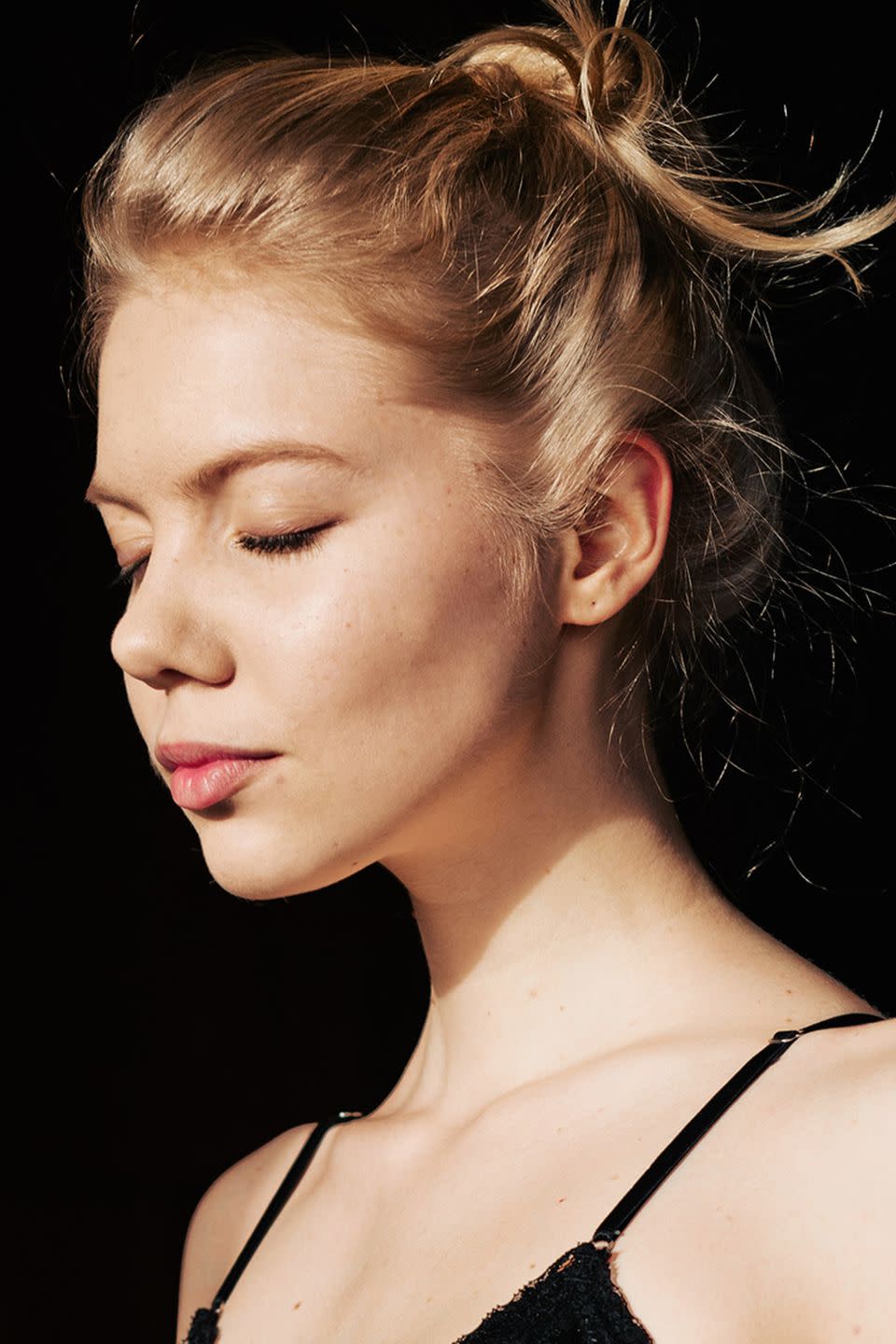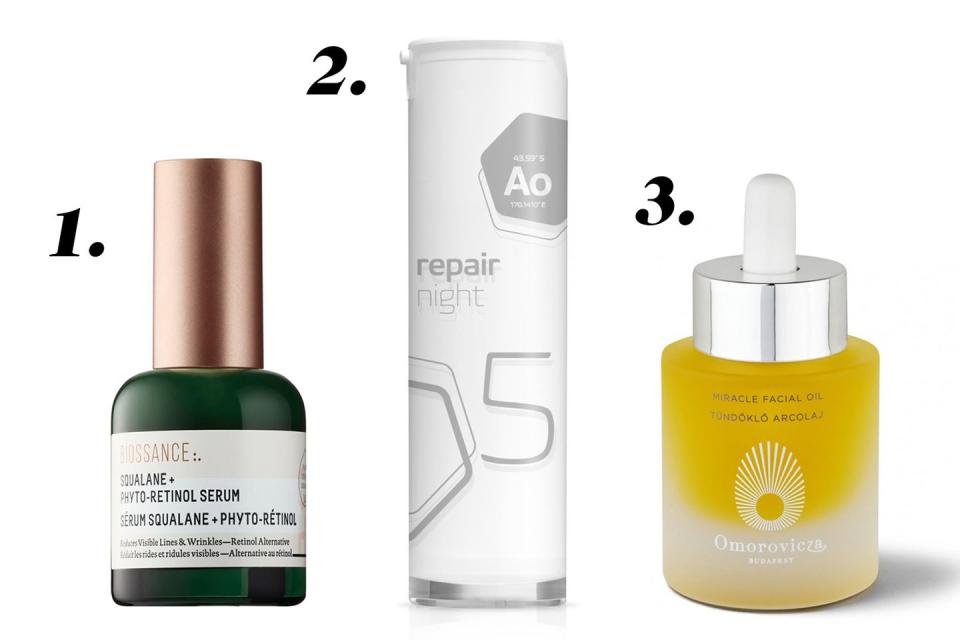Okay, Do Natural Retinols Really Work?

Here’s how skincare popularity works: One ingredient gets some buzz, rises to fame, is touted as a miracle among beauty devotees, and then spawns dozens of copycats claiming to be the next best thing. We’ve seen it with vitamin C, hyaluronic acid, and Botox-each ushering in a wave of 'cheaper' and 'better' alternatives-and now, we’re seeing it with retinol, a longtime skin favourite that’s spawned a new cool kid on the block: plant-based retinols.

'Retinol, a form of vitamin A, is seen as the pretty girl of the class,' says dermatologist Mona Gohara, M.D., associate clinical professor at Yale. 'It gets all the attention, because it gets the job done when it comes to wrinkles.' And it makes sense-retinoids (an umbrella term for all vitamin-A derivatives, like retinol) are the only class of topical ingredients clinically proven by billions (approximately) of studies to literally slow down your skin’s aging process by increasing collagen production and decreasing collagen breakdown.
But, with every popular kid comes a bunch of haters, and retinol is no exception. 'Retinol is incredibly effective, but it can also be irritating at first, so it’s gotten a bad rap in some circles,' says Dr. Gohara. The recent trend in natural products hasn’t helped, either: 'Even though there’s no research that says going ‘green’ is necessarily better for your skin, I’m seeing patients shy away from retinoids, since they’re chemically formulated,' she says.
And that’s all it takes for an underground movement to be born and a new product-i.e. natural, plant-based retinols-to come onto the scene. In the last few months alone, the number of emails in my inbox touting 'alternatives' that claim to behave 'just like retinol' to produce 'similar' benefits, all 'without the irritation' has tripled. But could those emails be true? Can carrots and leaves and flowers really be as effective as a cell-stimulating chemical?
According to Dr. Gohara, maybe. 'The thing that makes retinol a queen is that it actually increases collagen production, which is a very rare, very important aspect in anti-aging.' Why? Collagen is responsible for, well, everything: smoothing, firming, and strengthening your skin, so it’s more resistant to new and existing wrinkles. 'Most ingredients that claim to be similar to retinol really only work to protect you from wrinkles, rather than treating the ones you already have,' she says.

Beta-carotene is one of the latest and greatest in plant 'retinols,' since it converts to vitamin A in your body-that is, if you eat it. When it’s used topically, however, 'the vitamin A component is irrelevant, so it instead just acts as an antioxidant, protecting your skin from environmental damage that contributes to wrinkles.' Good, but, you know, nowhere near the full-potency vitamin A that’s in retinol.
The same goes for rosehip oil, another ingredient that claims to rival retinol. 'The amount of vitamin A found in most rosehip oils won’t be enough to have the same effect on your skin as retinol,' says Dr. Gohara. Yes, rosehip’s inherent levels of vitamins C and A will still act as protective antioxidants for your skin, and they’ll still help even out your complexion, but they won’t trigger the same collagen production as retinoids do.
And that was the same answer I got for every retinol-adjacent ingredient I asked about, including Spanish needle, sea fennel, seaweed extract, lycopene, and licorice root: they’ll do something beneficial for your skin-whether that's softening, brightening, or protecting-but they definitely won’t impact those fine lines. That is, until I asked about bakuchiol.
Bakuchiol is a plant extract that has actually been scientifically studied and proven to function the same way as retinol, stimulating the production of collagen in your skin to smooth the wrinkles you have and protect you from the ones you don’t. But unlike retinol, bakuchiol does it all without causing dryness, irritation, or flakes. If that sounds like a dream, it’s because it kind of is, especially if you’re someone with naturally dry, sensitive skin.
Still, cautions Dr. Gohara, you shouldn’t expect miracles from any plant-based alternatives. 'I just don’t think anything really matches the power of retinol,' she says. 'But if you’re in a situation where you simply can’t tolerate retinoids, or you really want a natural skincare routine, I think using a gentle, less intense alternative like bakuchiol can still be effective.' I mean, hey, worst that can happen is your skin, overall, looks a lot better, right?
If you're not sure what to do with all of your newfound logic, try one of these cult-favorite bakuchiol-filled formulas below.

You Might Also Like


